CRM Features That Help You Close More Deals
CRM
5 MIN READ
June 17, 2025
![]()
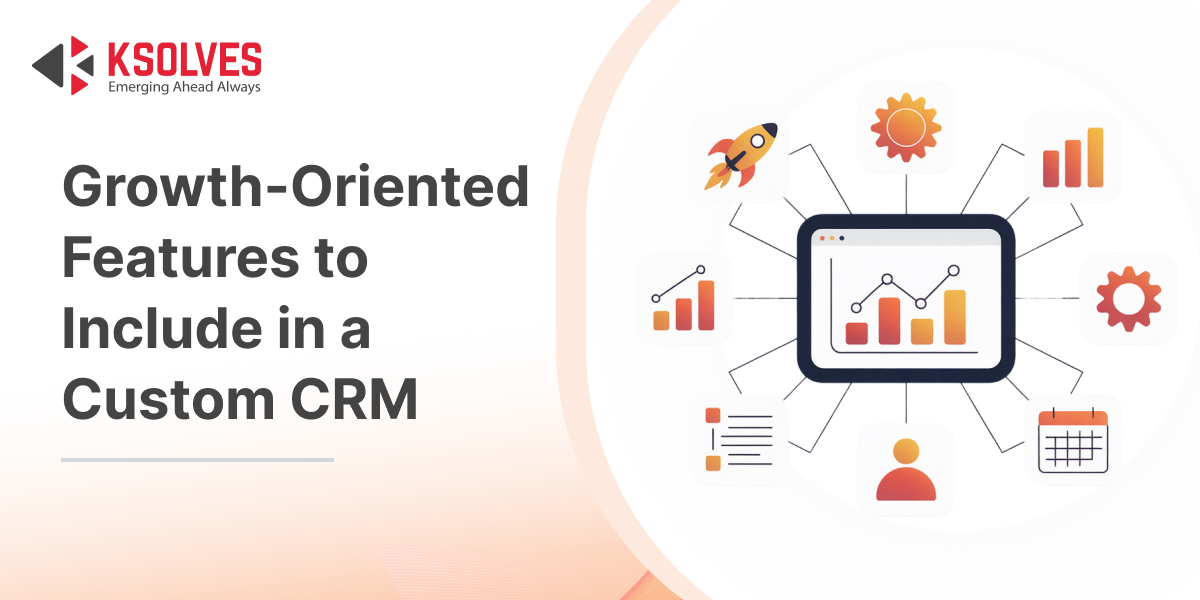
Winning new customers is a top priority for any business, but in today’s competitive market, it’s also more challenging than ever. Studies show that acquiring a new customer can cost five to seven times more than retaining an existing one. That’s why having the right tools to attract, engage, and convert leads is critical.
A well-designed Customer Relationship Management (CRM) system plays a key role in this process. It goes beyond simply managing contacts; it helps sales teams identify high-potential leads, enables marketing teams to create targeted campaigns, and empowers customer service teams to build lasting relationships.
In this article, we’ll explore the must-have CRM features that make it easier to win more customers and grow your business. Whether you’re just starting with CRM or looking to upgrade, these features will help streamline your sales processes and improve conversion rates.
Top Features to Include in CRM to Scale Your Business
A modern CRM goes beyond contact management by combining sales, marketing, and customer support in one unified platform. Cloud-based CRM solutions provide scalable, real-time access to customer data and business insights—anytime, anywhere—driving collaboration and growth across all teams.
Sales Acceleration Features
- Predictive Lead Scoring & Prioritization
Instead of treating all leads equally, a smart CRM uses historical data and AI to score and prioritize them. This helps your sales team focus on prospects most likely to convert, increasing their chances of closing deals faster. By identifying high-value leads early, your team can reach out at the right moment and avoid wasting time on low-potential prospects.
- Visual Pipeline & Opportunity Management
A clear sales pipeline helps teams easily track deals at every stage. With visual tools like Kanban boards, sales reps can quickly see where each opportunity stands, spot bottlenecks, and take action to keep deals moving. This also improves team collaboration, as everyone knows exactly what’s happening and what needs attention. Automated follow-ups ensure that no opportunity is missed, making it easier to close more deals in less time.
- Automated Sales Workflows
Manual data entry and repetitive tasks slow down your sales process. A CRM with automated workflows takes care of routine actions like assigning leads, sending follow-up emails, and moving deals through the pipeline. Triggers and custom rules ensure that leads are routed to the right sales reps and that prospects receive timely responses. This keeps your sales cycle moving smoothly and helps your team stay focused on selling instead of administrative tasks.
- Quotes, Orders & CPQ (Configure, Price, Quote)
Managing quotes and orders directly within your CRM makes closing deals faster and easier. Instead of switching between systems or manually creating quotes, sales teams can use pre-built templates to quickly generate accurate proposals. Once a quote is approved, it seamlessly converts into an order. There is no need for manual data re-entry. This reduces paperwork, speeds up the sales cycle, and minimizes errors. With automated quoting and order processes, your team can handle more deals efficiently and keep customers happy with faster turnaround times.
- Sales Gamification & Performance Tracking
Keeping sales teams motivated is easier when you add a little friendly competition. CRM systems with gamification tools introduce leaderboards, achievement badges, and point systems that reward reps for closing deals and hitting targets. Managers can also use performance dashboards to track progress and identify top performers. These features help keep teams engaged, boost productivity, and maintain focus on meeting revenue goals—all while making work a little more fun.
Marketing Automation Features
- Lead Segmentation & Targeting
Advanced CRM marketing tools help teams segment contacts based on criteria like industry, company size, and behavior. With this segmentation, marketing campaigns become more targeted and relevant. This leads to higher open rates and engagement. By aligning messaging with ideal customer profiles, businesses nurture the right leads and drive better-quality growth.
- Drip Campaigns & Lead Nurturing
Automated drip campaigns keep prospects engaged throughout the buying journey. Instead of manually following up, the CRM sends relevant content at each stage of the funnel. This consistent, automated communication helps build relationships and gradually moves leads closer to becoming customers. All this is done without adding extra workload for your team.
- Multi-Channel Campaign Management
A growth-focused CRM brings all your marketing channels together, including email, social media, and paid ads, into one dashboard. Marketers can plan, launch, and track campaigns from a single platform, saving time and ensuring better coordination. This also makes it easier to measure the ROI of each channel and focus on what delivers the best results.
- Behavioral Tracking & Analytics
A good CRM tracks how prospects interact with your business, whether it’s opening emails, visiting web pages, or downloading content. These insights help identify which leads are most engaged and ready for follow-up. Real-time data allows marketing and sales teams to refine their strategies and improve conversion rates by focusing on what works best.
- Personalization & Campaign Optimization
Effective CRMs offer tools for personalizing content and optimizing campaigns. Features like A/B testing, dynamic content, and customizable email templates help marketers fine-tune their messaging. Automated testing ensures campaigns perform better over time, leading to higher response rates and more qualified leads entering your pipeline.
Customer Support & Retention Features
- 360° Customer View
A complete view of every customer interaction is key to delivering personalized support. A good CRM consolidates all touchpoints (calls, emails, support tickets, purchases, and website visits) into a single, unified profile. This allows support teams to quickly understand a customer’s history and provide faster, more relevant assistance. With all the details visible in one place, building stronger relationships and improving retention becomes easier.
- Integrated Ticketing & Case Management
Modern CRMs often include built-in helpdesk tools or integrations that streamline issue tracking. Support teams can log cases, set SLAs, and automatically route tickets to the right person. This ensures no customer query is missed and cases are resolved on time. Standardized workflows also help maintain consistent service quality and keep clients satisfied and loyal.
- Automated Responses & Chatbots
Handling large volumes of customer queries becomes easier with automated responses and AI-powered chatbots. CRMs with live chat and chatbot features provide instant replies. This ensures customers feel acknowledged even before a human agent steps in. Simple requests, like order status or FAQs, can be handled by bots. Agents can then focus on complex issues. This improves customer satisfaction without increasing support costs.
- Knowledge Base & Self-Service Portals
Empowering customers to solve their own problems reduces support workload and improves the experience. A CRM should offer tools to create searchable knowledge bases, FAQs, and self-service portals. Customers can quickly find answers without waiting for support teams, leading to faster problem resolution and higher satisfaction. Companies like Zoho and Salesforce offer such modules as part of their CRM platforms.
Analytics & Forecasting Features
- Custom Dashboards & Reporting
Growth-focused businesses rely on real-time data to make quick, informed decisions. A good CRM offers customizable dashboards where teams can monitor critical KPIs at a glance, such as sales funnels, deal progress, campaign performance, and customer support metrics. These visual reports help sales and marketing teams identify issues early and adjust strategies for better results. With clear data at their fingertips, teams stay focused on what drives growth.
- Sales Forecasting
Accurate forecasting tools are essential for planning future revenue and resources. Modern CRMs analyze pipeline data and historical trends to predict sales outcomes. This helps businesses plan budgets, allocate resources, and adjust marketing efforts proactively. With reliable forecasts, you can stay ahead of demand, prevent stock shortages, and ensure your sales strategies align with upcoming opportunities.
- AI-Powered Insights
Advanced CRMs use AI and machine learning to analyze large data sets and surface actionable insights. These tools predict which leads are most likely to convert and highlight trends in customer behavior. AI can also flag potential risks, such as accounts likely to churn, and recommend upsell or cross-sell opportunities. This helps businesses focus efforts where they’ll have the highest return.
- Marketing & Revenue Attribution
Knowing which marketing efforts actually drive sales is critical for budget optimization. CRM systems with marketing attribution features track the performance of campaigns across all channels. Integrated with ad platforms like Google Ads, these tools show which campaigns generate real revenue. This enables marketing teams to double down on high-performing channels and eliminate wasteful spending.
- Customer & Product Analytics
Beyond just tracking sales, CRMs should provide deep insights into customer lifetime value (CLV), churn rates, and product performance. Businesses can analyze which customer segments bring the most profit and which products perform best. These insights help refine offerings, improve retention strategies, and guide marketing investments. With data-driven analysis, companies can stay focused on profitable growth and customer satisfaction.
Workflow & Integration Features
- Business Process Automation
A scalable CRM should do more than just manage sales. It should automate important processes across all departments. For example, you can set up alerts for customer milestones, automate contract renewals, or notify the billing team when deals close. Built-in automation tools help perform these tasks quickly using simple rules and triggers. This reduces manual handoffs, ensures consistent workflows, and accelerates business growth.
- Third-Party Integrations & APIs
A CRM should integrate seamlessly with the other tools your business uses, such as email platforms, ERP and accounting systems, marketing tools, e-signature apps, and communication platforms. These integrations prevent data silos and allow information to flow smoothly across systems. With a connected ecosystem, teams can collaborate better, avoid duplicate data entry, and maintain accurate records across all business functions.
- Mobile & Remote Access
Today’s teams need access to CRM data anytime, from anywhere. A mobile app with full functionality ensures that deals and support requests don’t stall when employees are on the move. Instant notifications for new leads, customer activities, or service issues help teams respond quickly. This improves sales performance and enhances customer support, even when working remotely or in the field.
- Role-Based Security & Compliance
As your business grows, protecting sensitive data becomes more critical. Your CRM should offer advanced data governance features, including role-based access controls, encryption, and regular data backups. These capabilities safeguard confidential information, ensure only authorized users have access to specific data, and help your business meet compliance requirements. Strong security practices also build trust with customers and support long-term business relationships.
Conclusion
Choosing the right CRM features is essential for business growth and long-term success. A well-designed CRM manages customer data, streamlines sales, automates marketing, improves customer support, and provides actionable insights for better decision-making. With these capabilities, your business can attract new customers, retain existing ones, and build stronger, more profitable relationships.
At Ksolves, we specialize in delivering custom CRM solutions tailored to your unique business needs. Our CRM development and consulting services help you identify, implement, and optimize the right features to drive growth and improve operational efficiency. So, partner with Ksolves to unlock the full potential of your CRM and turn customer relationships into your greatest competitive advantage.
![]()
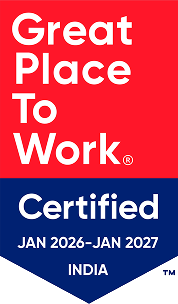
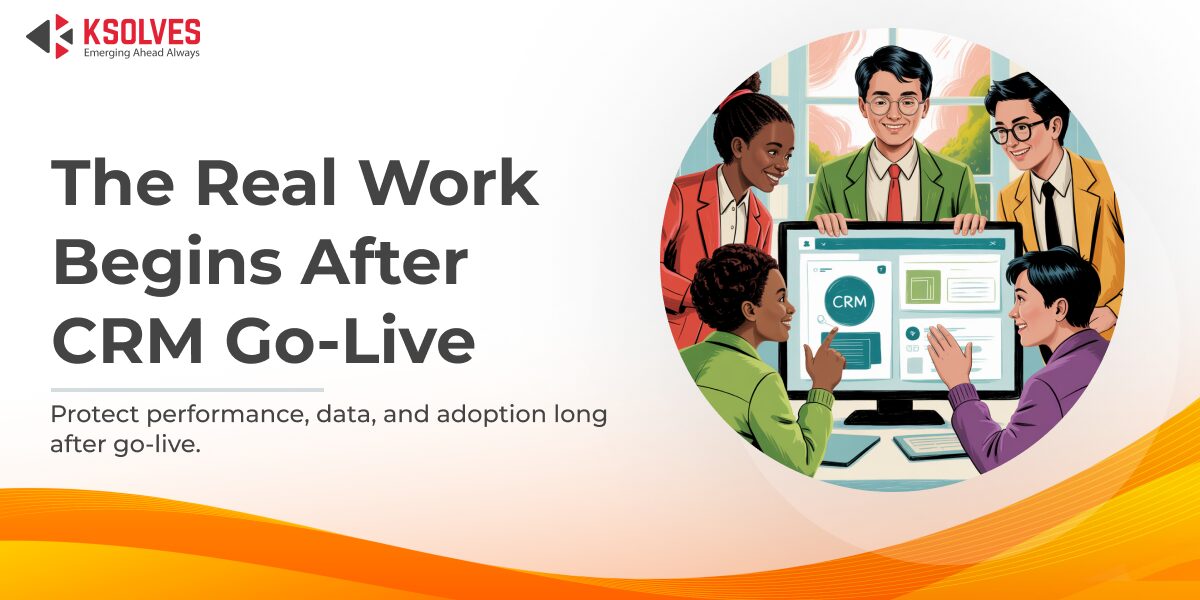
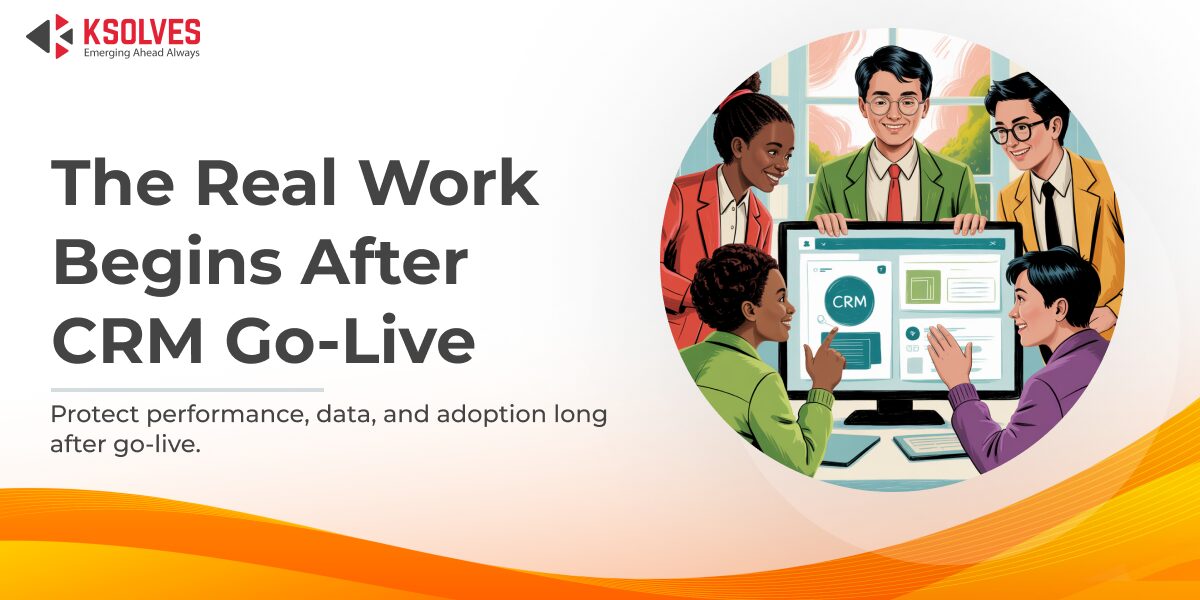
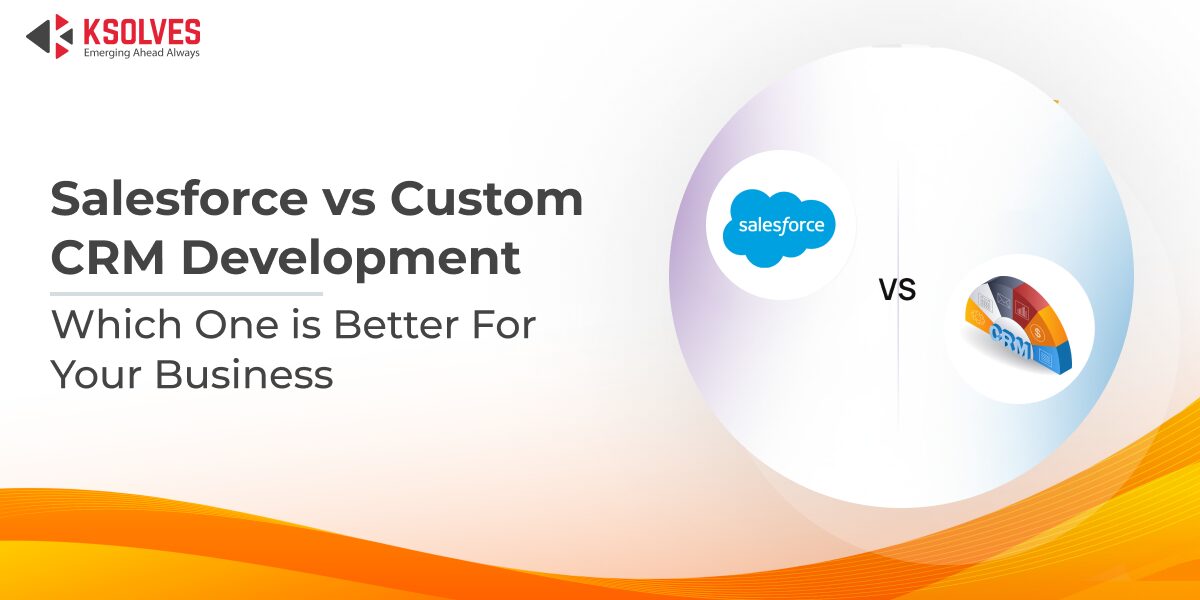




Author
Share with